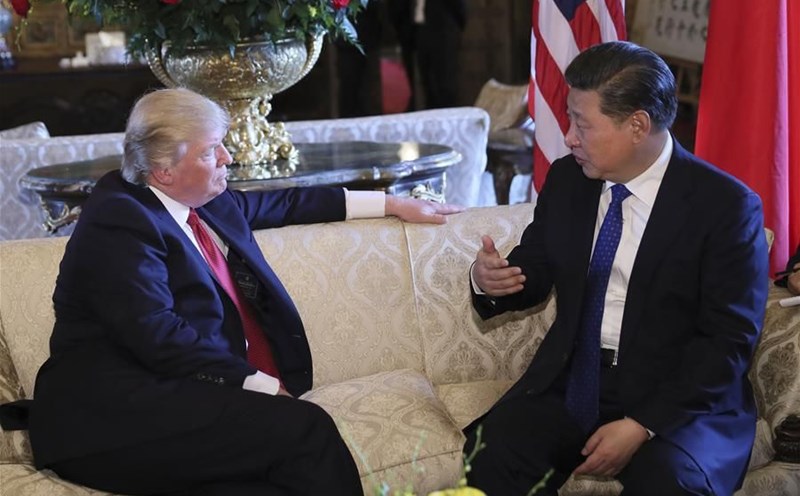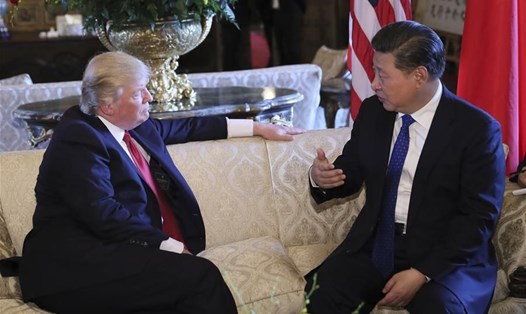This turning point comes as the Trump administration imposes heavy tariffs on European goods, disrupting global trade.
According to the British news agency, in the first 8 months of 2025, two-way trade turnover between Germany and China reached 163.4 billion euros (equivalent to 190.7 billion USD), slightly higher than the 162.8 billion euros in German-US trade relations.
Preliminary data released by the German Federal Statistical Office (Destatis) shows a clear shift in the trade balance of Europe's largest economy.
This change comes as Washington imposes high tariffs on imported goods from the European Union (EU) under President Donald Trump's new trade policy. Currently, most European goods are taxed at 15%, while cars are taxed at up to 25% - a level considered a heavy blow to Germany's main export industry.
The report shows that Germany's exports to the US were only 99.6 billion euros in the first 8 months of 2025, down 7.4% over the same period last year. The main reason is weak demand for German cars, machinery and chemicals.
Although US imports of goods to Germany have increased by about 9% during this period, the trade balance is still leaning strongly towards Germany, causing the overall export decline.
Meanwhile, Germany-China trade continues to be driven by China's demand for imported components, industrial equipment and electric vehicles, as well as stable output for German goods in the Asian market. This helped Beijing surpass Washington for the first time to become Berlin's number one trading partner.
Expert Wang Yiwei, Director of the European Union Research Center at the People's University of China, said that the US tax has "disrupted the global trade chain" and affected Washington's economic relations with many countries. He said that, in contrast to the "authorization" trend of the US, cooperation and globalization bring clear bilateral benefits to both China and Europe.
Meanwhile, Carsten Brzeski, head of global macro research at ING Bank, said that it is unlikely that Germanys exports to the US will recover in the short term, as trade tensions between the two Atlantic banks have shown no signs of cooling down.











